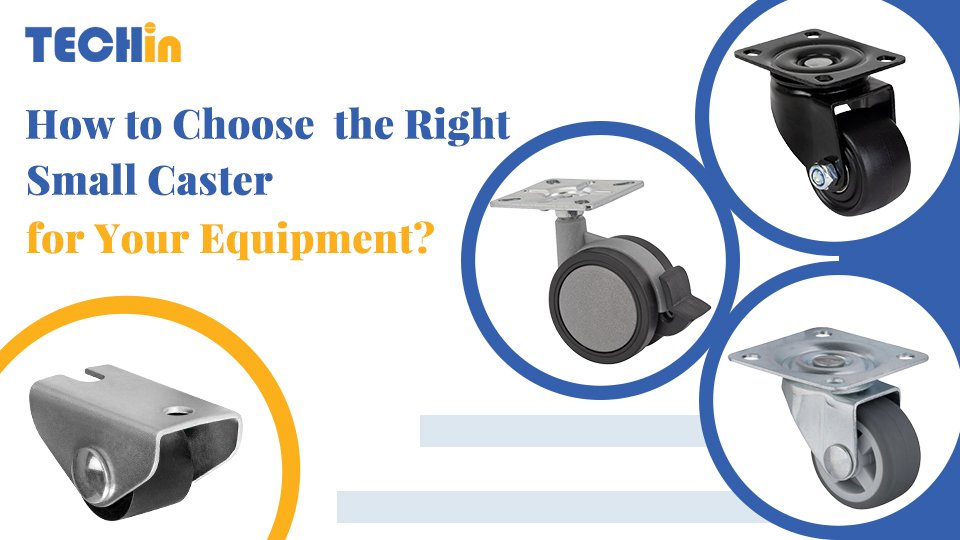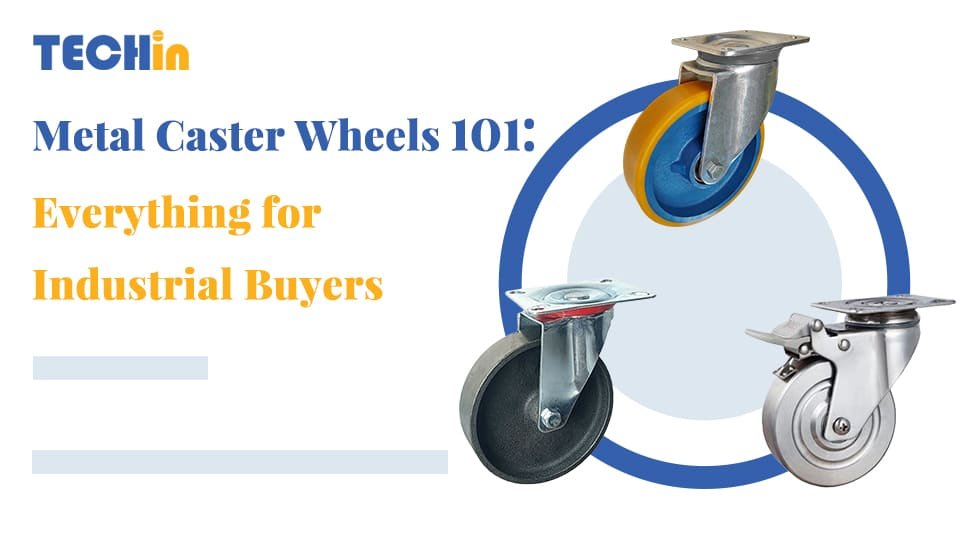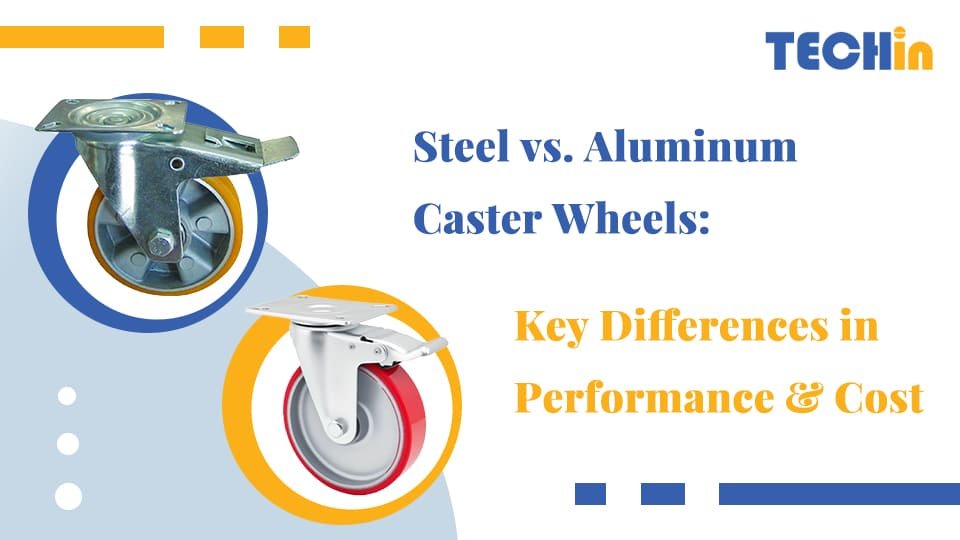Choosing the wrong castor wheel size can lead to damaged floors, poor mobility, or even equipment failure. Many buyers underestimate how critical this decision is. Understanding the most common castor sizes for furniture, apparatus, and industrial use helps you avoid costly mistakes and pick the perfect fit.
The most common castor wheel sizes vary by application. For office furniture, 50mm (2-inch) wheels are standard. Apparatus castors typically use 75mm to 100mm (3 to 4 inches). Industrial castors range from 100mm to 200mm (4 to 8 inches). Larger wheels roll more easily and offer better ground clearance, while smaller ones are more compact and ideal for tight spaces.
Now that we’ve covered the general ranges, let’s break them down by use case and explore how to choose the right size for your specific needs.
What are the common wheel sizes for office and furniture castors?
If you’re sourcing castor wheels for office chairs, small desks, or storage drawers, you’ll usually need smaller wheels — and 50mm is the most common diameter.
- 50mm (2-inch) castors are widely used for office chairs and mobile furniture. They offer smooth rolling on hard floors and are low-profile enough to maintain stable seating height.
- Some designs may go slightly larger: 55mm or 60mm wheels are also seen in premium furniture or executive chairs where aesthetics or rolling quality are emphasized.
- Most office chair castors are twin-wheel swivel types with a stem mount.
- Ideal for use on hardwood, carpet tiles, or PVC floors with proper glides or soft treads.
What are the common wheel sizes for apparatus castors?
When mobility, maneuverability, and load-bearing need to be balanced, apparatus castors are the go-to solution — typically found on lab equipment, medical carts, toolboxes, or display systems.
- 75mm (3 inches) and 100mm (4 inches) are the most standard sizes for apparatus castors.
- These provide a smoother glide while still being compact and agile in tighter indoor spaces.
- Quiet operation and floor protection are often key — especially in hospitals or tech labs.
- Some configurations use brake-equipped swivel castors for stationary positioning.
If you’re looking into heavy-duty castor wheel sizes for larger apparatus, keep in mind load weight and floor type. Don’t forget to match your castor wheel stem size too!
What are the common wheel sizes for industrial castors?
For industrial carts, racks, and handling equipment, bigger wheels mean better durability and movement — especially on uneven surfaces or with heavy payloads.
- The most common sizes here range from 100mm to 200mm (4 to 8 inches).
- 100mm and 125mm castors are commonly used on factory carts and medium-duty trolleys.
- 150mm to 200mm castors are ideal for rough terrains, loading docks, or outdoor equipment movement.
- 6-inch and 8-inch wheels are industry standards for durability and clearance.
These typically come in plate-mount designs, with fixed or swivel types. Be sure to check 4 inch castor wheel dimensions if you’re outfitting midweight loads.
How to Choose the Right Castor Wheel Size for Your Needs
Selecting the right castor is more than picking a number. Here are key factors you should consider:
✅ 1. Load Capacity
Larger wheels can handle more weight. For heavy-duty tasks, aim for castors that exceed the total equipment load by at least 25%.
✅ 2. Floor Type
- For hardwood, tiles, or PVC floors, use soft-tread castors in the 50–100mm range.
- For rough concrete or outdoor use, larger wheels (150mm+) with rubber treads work best.
✅ 3. Mounting Height
Bigger wheels increase the total height of your equipment. Make sure your castor fits the design requirements.
✅ 4. Maneuverability Needs
If your equipment moves often, larger wheels reduce rolling resistance. But for furniture that rarely moves, smaller castors may look better and keep things lower.
✅ 5. Application & Budget
For aesthetic furniture, 50mm black nylon wheels may look better. For industrial carts, utility trumps looks.
Summary
Choosing the right castor size depends on your application — whether it’s office furniture, medical equipment, or industrial machinery. Let me know in the comments what type you’re sourcing for, and I’ll help you pick the ideal size!










